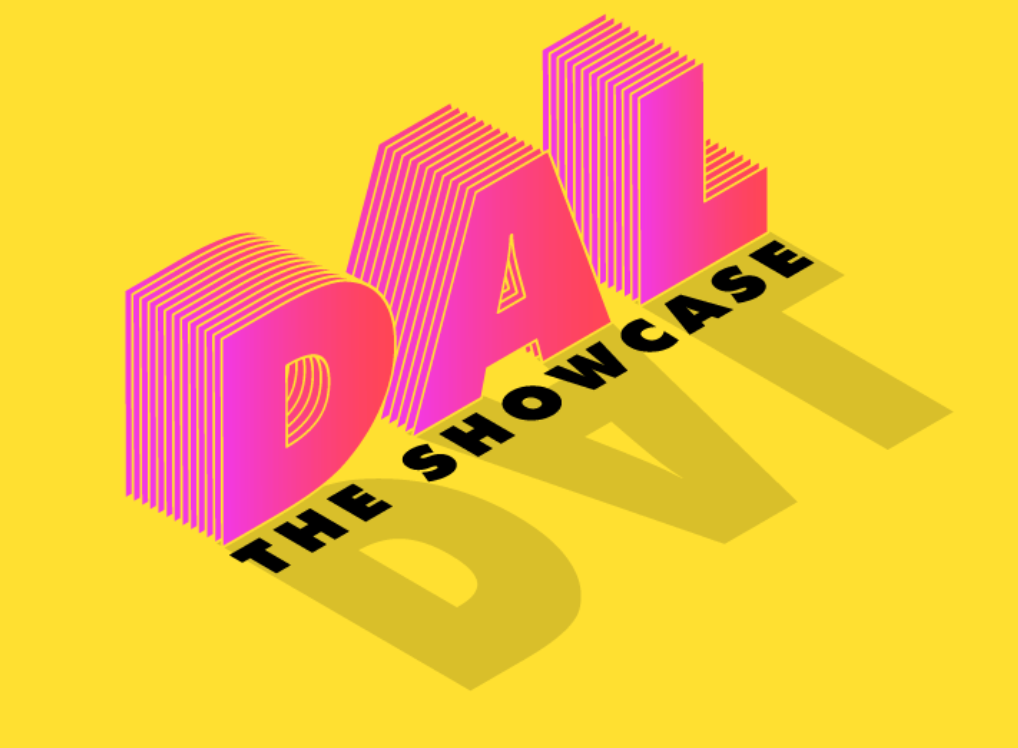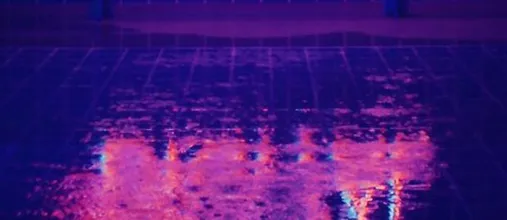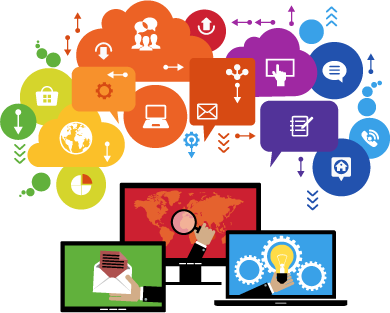What is Digital Assessment?
Overview
Part 1: What is Digital Assessment:
- In this video, we explore what digital assessment is, through how we are defining and/or conceptualizing the term.
Topics Raised:
- Moving online due to COVID,
- Mediums accepted into higher education
- “The Medium as the message” – McLuhan
- The Purpose and/or Function of Digital Assessment
- Accessibility of knowledge,
- Learner Types (Audio, Visual, Kinaesthetic)
- Knowledge in Digital Space
Full transcript:
[What is digital assessment? When researching for these resources, we sent out surveys to our students and staff at the University of work, asking this very question. And responses were hugely varied. For some, it was defined by the use of technology and producing assessment. For others who is no more than the fact we submit assessments online. But how could digital assessment be defined beyond these factors? How can, as Marshall McLuhan phrased it, the medium be message? How does the use of a video or a podcast influence the knowledge, the information the content, the message that is delivered, compared to an essay or a presentation, for example? And what does producing content in these forums say to the accessibility and consumption of knowledge? Who is knowledge for? How does a podcast or a video in digital space offer wider accessibility of knowledge beyond practice? parameters of academia have the privilege that can afford to exist within the walls of the university spaces. And for students, what does having work within these spaces offered to the afterlife of their assessments? What is the opportunity to have work showcased online?
And not only that, but to have their work effectively in dialogue with wider academic conversations by being accessible and visible, due to students recognition of their own knowledge and learning their insights and what they have to offer to wider narratives compared to one's lived presentations and essays that end up in laptop portfolios for you? To what extent are we universally missing out on incredible insights and learning? Because students aren't necessarily afforded means to share, which are viable with digital content and digital spaces.
How does offering the opportunity to engage with various mediums beyond the traditional essay also further recognise different skill sets within students and offer students the opportunity to find out what mediums they find most effective in expressing their learning, which is not likely universal for how good exploring the mediums with which we accept into higher education, as you can speak to agency as both producers of knowledge and greater consideration as consumers of knowledge if conveners equally adopted various formats in their modules to provide content, recognising the difference between visual and audio learners for example. And equally How does offering the opportunity to utilise these mediums enhance existing skill sets? in a digital age the capacity to produce a podcast or video to edit to use digital software are real and sought out skills by employers.
How could digital assessment be live? How does the capacity to navigate Teams for example to utilise its whiteboard function, its polling offer opportunities for live digital assessments such as a digital roundtable discussion or hugely significant to employers, particularly in the current climate.
Digital assessment is not therefore, solely assessment that is submitted online as we have seen with COVID, such as online exams, there is much more to its position as a medium as a format that can exist in digital spaces, as made as a medium that is accessible with an afterlife and as a medium which offers huge and contemporary skill sets, as well as recognising that students differ and how they find it to effectively express knowledge and can be facilitated by offering new mediums for this expression.
However, when we reflect on the opportunities of digital assessment, as highlighted above, we have to also consider some significant questions or challenges posed by digital assessment. And further, when discussing the purpose and our function of assessment, it is important to consider how this purpose is influenced by how we universally conceptualise the purpose or function of assessment in general, and the cultures around assessment we have embedded in our higher education structures, check out Part Two and Part Three considerations when choosing digital assessment and assessment culture for more.]
Transcribed by https://otter.ai
Meet the team
These resources were created by a co-creation team of students and staff in the Faculty of Arts. Student creators: Charlotte Crabtree (English), Lucia Evans (SMLC), Lily Rose Fitzmaurice (Liberal Arts), Weiqi Guo (Film & TV), Beccy Lee (History) and Ishraq Subhan (History/Politics).
The project was funded by the Warwick International Higher Education Academy (WIHEA), and lead by Dr. Rebecca Stone (Faculty of Arts) with Dr. Bryan Brazeau (Liberal Arts) as a project partner and Mr. Todd Olive (Graduate, Global Sustainable Development).
Many thanks to Damien Homer, Jess Humphreys, Bo Kelestyn, Heather Meyer, Robert O'Toole and Elena Riva, for their time and expertise.
 Check out students digital assessment submissions to the DAL Showcase 2020
Check out students digital assessment submissions to the DAL Showcase 2020

Explore our staff resources, guidance and best practice information on digital pedagogy, and find out about how you can contribute your expertise to our learning community.
Keep up to date with Digital Pedagogy Workshops and Events across the Faculty of Arts


